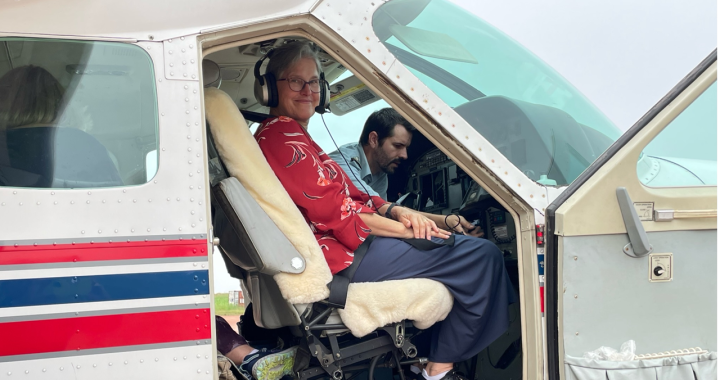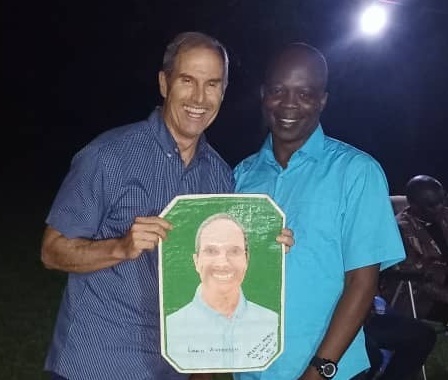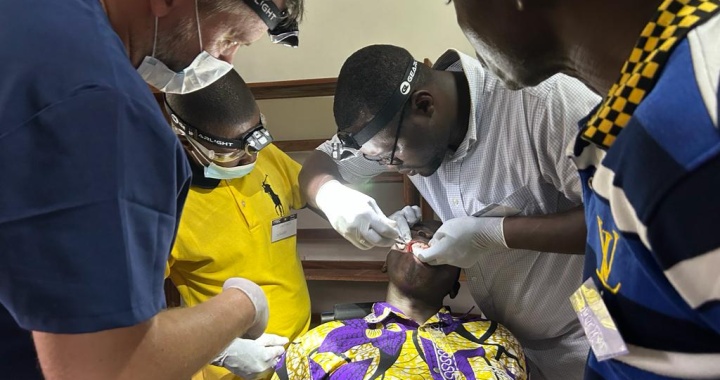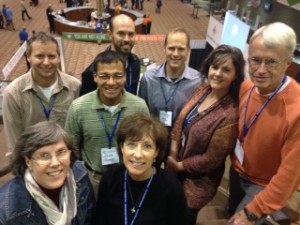
The Medical Ambassadors leadership team recently attended the Global Missions Health Conference in Louisville, KY.
Back row: Dan Connors, Brian Malyon, Brian Duvall, Julie Malyon, Jim Walker
Middle: Jason Como
Front: LaurieThorpe, Meritt Sawyer
Not pictured: Sandra Gutknecht, Grace Tazelaar
When Healthcare Hurts was the topic and a seemingly oxymoronic phrase. How can healthcare ever be hurtful? Yet this was a key theme of the Global Missions Heath Conference recently attended by leaders of PCP’s Medical Ambassadors program. Over 3,000 Christian medical and health professions gathered in Louisville, KY, to share their collective wisdom and raise their collective queries, united by their common calling to serve the under-resourced. Even in the world of saving lives, more “harm than help” can accompany our good intentions. The history of short- and long-term global health ministry is fraught with examples of well-meaning professionals unintentionally causing harm.
At stake? The very people we seek to serve.
Legendary pioneer to the DRC, Dr. Dan Fountain, offers this story, his entrée into the world of missionary medicine. Dr. Fountain was treating Kilamba, a three-year old boy who exhibited a huge abdominal protrusion rendering him severely malnourished and dehydrated. His mother had brought him from their village four hours away. After a lengthy evaluation and prayer, Dr Fountain decided to operate where he discovered hundreds of worms, 497 to be exact, that needed to be removed, which he did. Four months later, the same little boy returned, once again exhibiting the same large protrusion. “A thundering question came to mind instantly-what on earth had I done for the health of this cute little boy? The answer was clear. Absolutely nothing. My wife and I had come to the Congo to heal sick people, but not to heal the same ones over and over again. Our vision was too narrow and our approach was too constricted. We had to make major paradigm changes if we were to be effective…We had to learn how to go beyond just healing sick persons to promoting and celebrating health.”
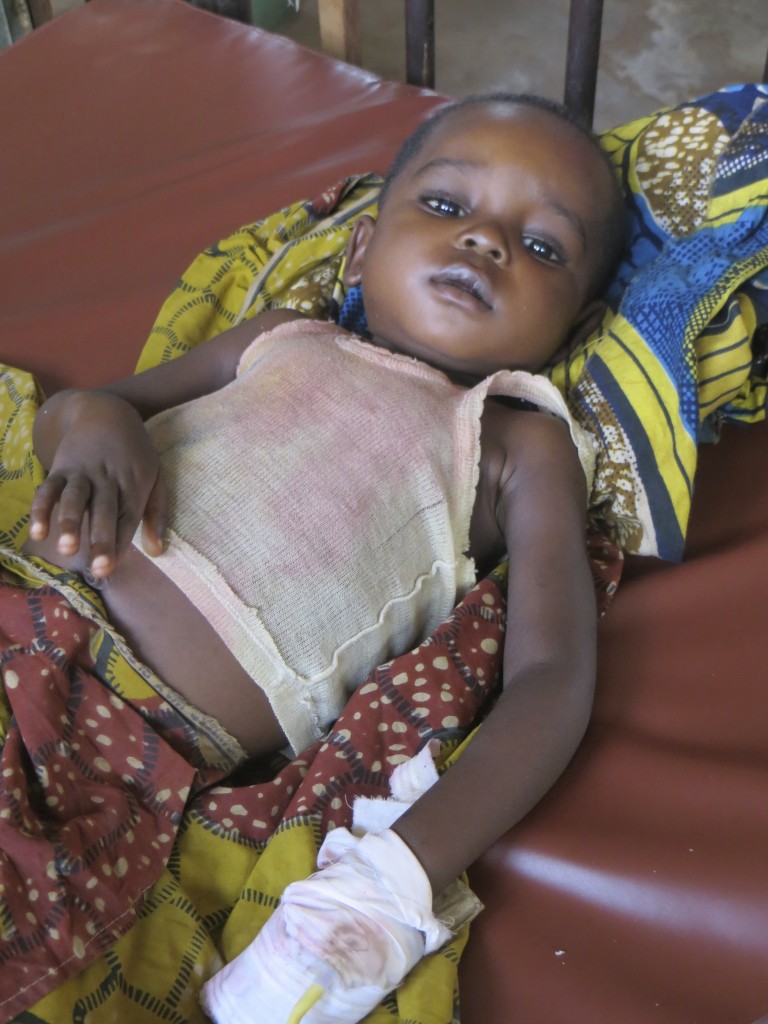 In this case, is it is not an oxymoronic phrase to say, “healthcare can hurt”. It is not enough to treat the symptoms or the illness itself! We must go further and address the root causes of a medical condition!
In this case, is it is not an oxymoronic phrase to say, “healthcare can hurt”. It is not enough to treat the symptoms or the illness itself! We must go further and address the root causes of a medical condition!
Actually, I prefer this approach to my own personal healthcare! I confess I am more than happy to take an aspirin for a headache, or pop a pill so I can feel better. In short-term mission, we can risk not taking the time or space to understand the root causes. But we must be committed to best practices to transform global healthcare. With adequate knowledge of context and best practices, short-term global health projects can achieve good for communities they serve. Long-term commitment by short-term teams can empower local communities to find answers to address their own health problems and take ownership for the sustainability of their own healthcare delivery.
This is our vision at PCP! We are dedicated to our long-term partnership with local medical professionals. To the best of our ability, we are dedicated to sustainable approaches. As Medical Ambassadors we will commit ourselves to provide collective medical and health expertise that will be more than good intentions. We will seek to provide sustainable healthcare solutions for the people we seek to serve.
For more reading:
When Healthcare Hurts: An Evidence Based Guide for Best Practices in Global Health Initiatives, by Dr. Greg Seager
Health for All: The Vanga Story, by Dr. Daniel E. Fountain
